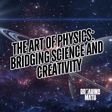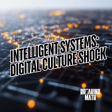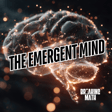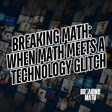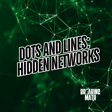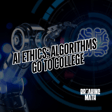
Algorithms & AI Simplified - The Not So Mathy Version
This conversation explores the intricate relationship between mathematics and artificial intelligence (AI) for people who don't want to get too math heavy and want things simplified as much as possible. It delves into how algorithms, machine learning, and various mathematical tools like linear algebra, calculus, and statistics form the backbone of AI technologies. The discussion highlights real-world applications of AI, the ethical implications of its use, and the importance of mathematical literacy in an increasingly AI-driven world. Ultimately, it emphasizes that understanding the mathematical foundations of AI empowers individuals to engage meaningfully with technology and its impact on society.
Takeaways:
- Mathematics powers seemingly magical technologies like AI.
- Algorithms are sets of instructions that guide AI processes.
- Machine learning finds patterns in data through trial and error.
- Linear algebra organizes data into vectors and matrices.
- Calculus helps AI find optimal solutions to problems.
- Probability theory allows AI to express uncertainty in predictions.
- AI applications include medical diagnostics and financial algorithms.
- Self-driving cars use mathematics to navigate and make decisions.
- Mathematical literacy is crucial in an AI-driven world.
- Understanding AI's math gives individuals agency in technology.
Chapters:
00:00 The Mathematical Heart of AI
03:28 Mathematics in Action: Real-World Applications
05:33 Empowerment Through Understanding Mathematics
Subscribe to Breaking Math wherever you get your podcasts.
Become a patron of Breaking Math for as little as a buck a month
Follow Breaking Math on Twitter, Instagram, LinkedIn, Website, YouTube, TikTok
Follow Autumn on Twitter and Instagram
Become a guest here
email: breakingmathpodcast@gmail.com


